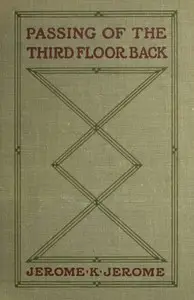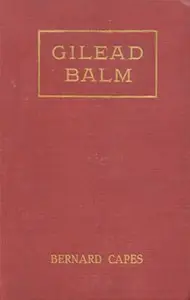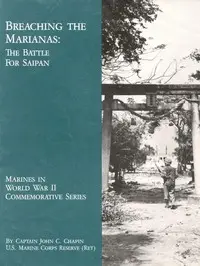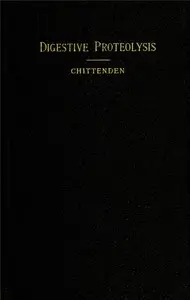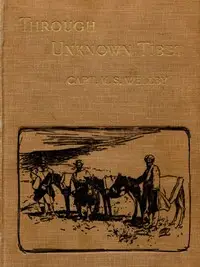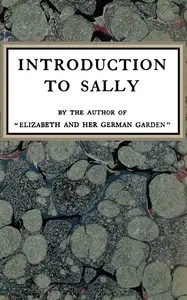"The Observations of Henry" by Jerome K. Jerome is a collection of humorous narratives likely written in the early 20th century. The stories are told from the perspective of Henry, a waiter whose colorful experiences and interactions with various characters provide insights into social life. The book reflects on themes of class, relationships, and the quirks of human behavior, primarily through Henry's observations and anecdotes. At the start of the tale, we are introduced to Henry in the dining room of a hotel where he recounts his first encounter with "Kipper," a young, street-smart boy who frequents a coffee shop in the Mile End Road. During their initial meeting, Kipper arrives with a scruffy young girl, referred to as "Carrots," who surprises Henry by her voracious appetite. As Henry narrates the backstory of these characters, we learn about their struggles, aspirations, and the complexities of their childlike romance in a gritty London setting. This opening sets the stage for a rich tapestry of stories that delve into the lives of ordinary individuals caught in extraordinary circumstances, often resulting in comedic yet poignant reflections on human nature. (This is an automatically generated summary.)
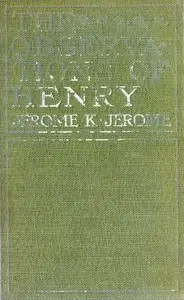
The Observations of Henry Illustrated
By Jerome K. (Jerome Klapka) Jerome
"The Observations of Henry" by Jerome K. Jerome is a collection of humorous narratives likely written in the early 20th century. The stories are told ...
Jerome Klapka Jerome was an English writer and humorist, best known for the comic travelogue Three Men in a Boat (1889). Other works include the essay collections Idle Thoughts of an Idle Fellow (1886) and Second Thoughts of an Idle Fellow; Three Men on the Bummel, a sequel to Three Men in a Boat; and several other novels. Jerome was born in Walsall, England, and, although he was able to attend grammar school, his family suffered from poverty at times, as did he as a young man trying to earn a living in various occupations. In his twenties, he was able to publish some work, and success followed. He married in 1888, and the honeymoon was spent on a boat on the River Thames; he published Three Men in a Boat soon afterwards. He continued to write fiction, non-fiction and plays over the next few decades, though never with the same level of success.




